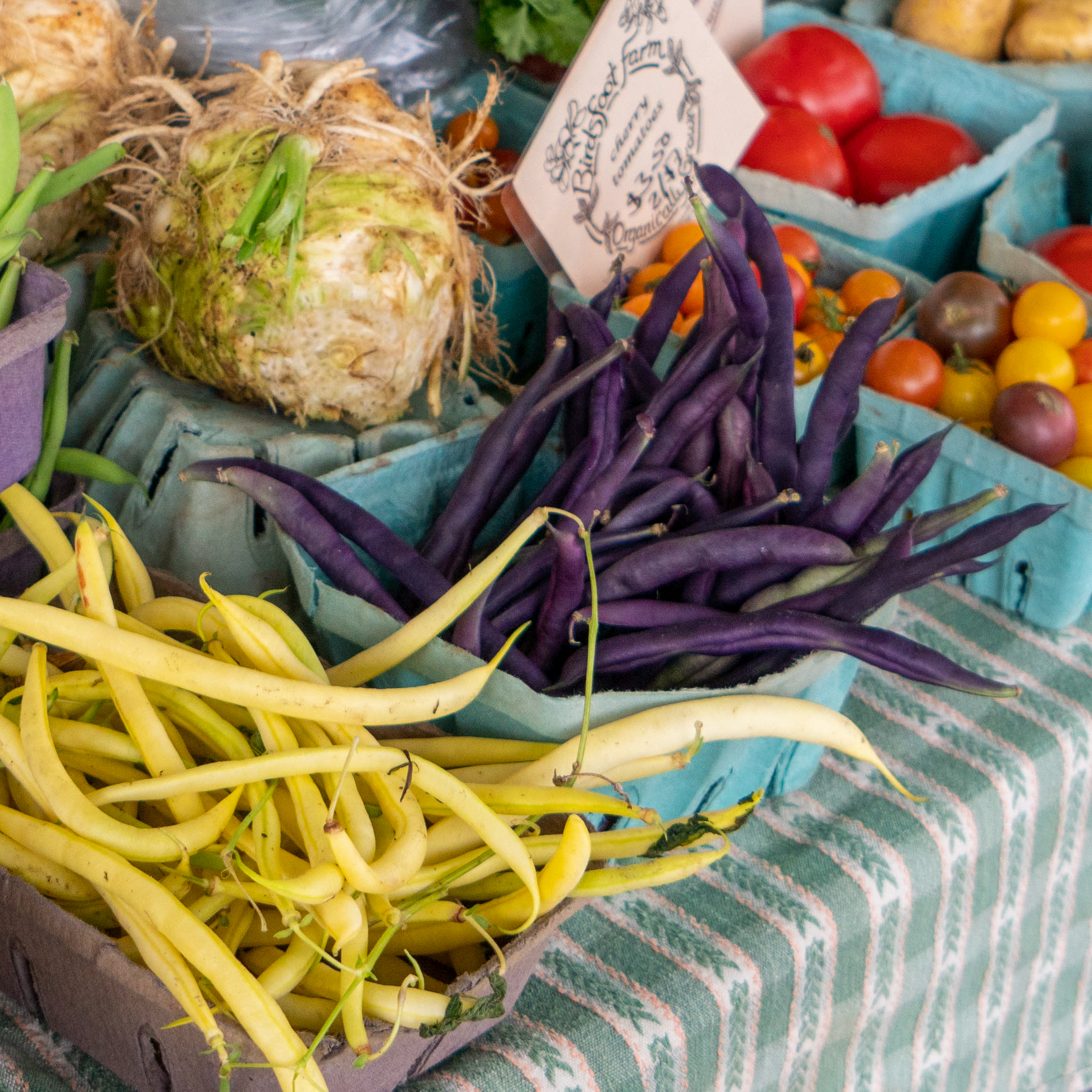From Farm to Fork: Local Food Weekend
St. Lawrence is the second largest county in the east, with deep roots in agriculture. Farming is a multi-million-dollar industry in the county, boasting over 1,000 farms. It is a holdout for smaller family farms as one of the last regions with somewhat affordable acreage. Agriculture, in general, is struggling with tremendous challenges. A changing climate shifted the droughts of the previous summers to record-breaking rainfall across the northeast. Markets continue to shift due to various regional, national and global issues. Furthermore, the American consumer is more and more disconnected from the farmers growing their food.
However, due to hard work between Cornell’s Cooperative Extension, a leader in agricultural outreach, local producers had a chance to show off their work to the community. From Sept. 8-10, local farms and other agriculturally affiliated businesses hosted St. Lawrence County Local Foods Weekend. Cornell Cooperative Extension planned and organized the event for the second time following last year’s success. The event showcased producers that sold directly to local consumers. Folks who buy local goods directly from farmers are paying only the producer rather than letting a supermarket mediate and dilute a farmer’s return. Furthermore, consumers develop a personal connection and understanding with the people growing their food. This builds trust in the consumer base and accountability for the farmers working to grow food.
Flip Filippi, operates LittleGrasse Foodworks and works for Cornell Extension. Flip hosted a fermentation workshop in LittleGrasse’s new barn. Around 50 community members attended, exceeding expectations.
Not only did this workshop bring visitors to the farm and see how the vegetables were grown, but taught the skills learned to ferment and preserve food tied into growing concerns about food security. Data from Feeding America has St. Lawrence County at 11 percent food insecurity rate. With inflation growing and volatile commodity markets, the cost of food will only grow. Preserving food increases the shelf life for months of food that would spoil in a matter of days. By providing essential education on how to store preserved food, community members are better prepared for unstable economies. Farms around the area saw growth in consumer base during the pandemic as the supply chain shattered. As the supermarkets spiral into decline, the resilience will come from local farmers. Local food is often stigmatized with higher prices, which can be true sometimes, but the care and quality of the food are worth every penny.
In a time where most people have no contact with the farmers growing their food, this unique event connected food with the faces and stories behind it. A number of participating farmers pride themselves in operating sustainably, prioritizing the needs of the land as much as the community they feed. Hopefully, this year’s weekend served to showcase the care and skill to grow St. Lawrence County’s food.



